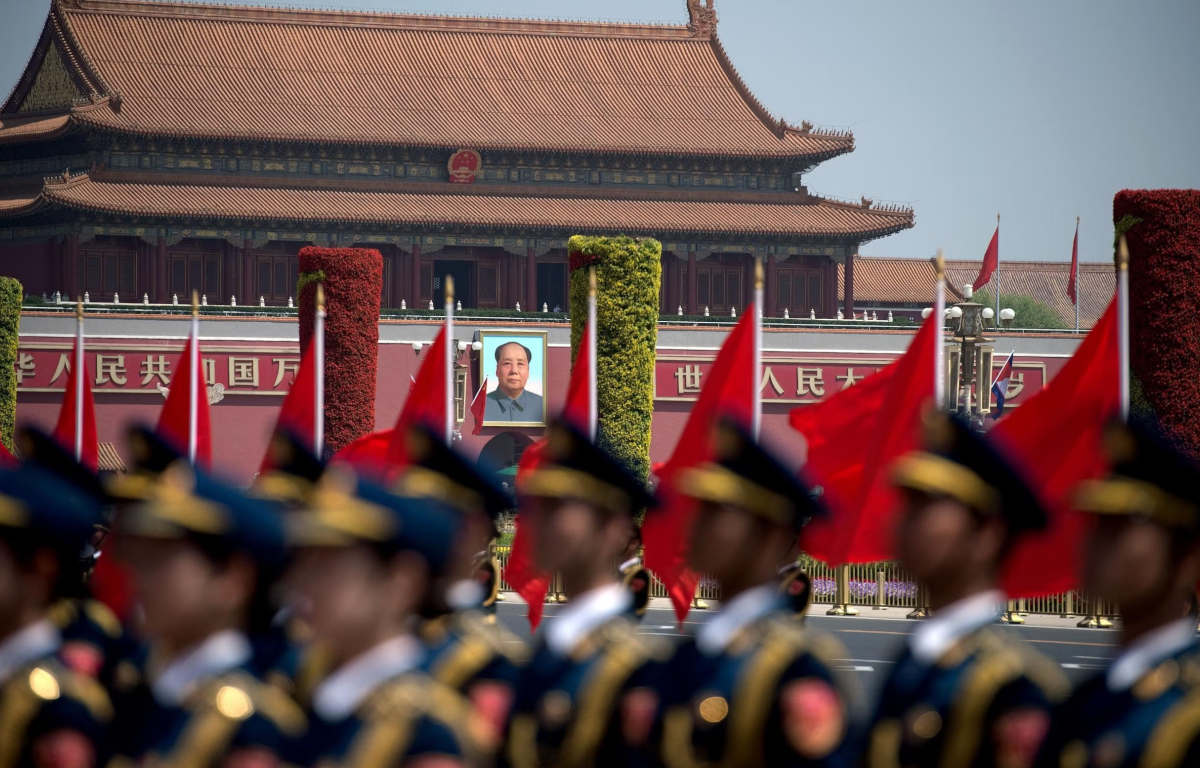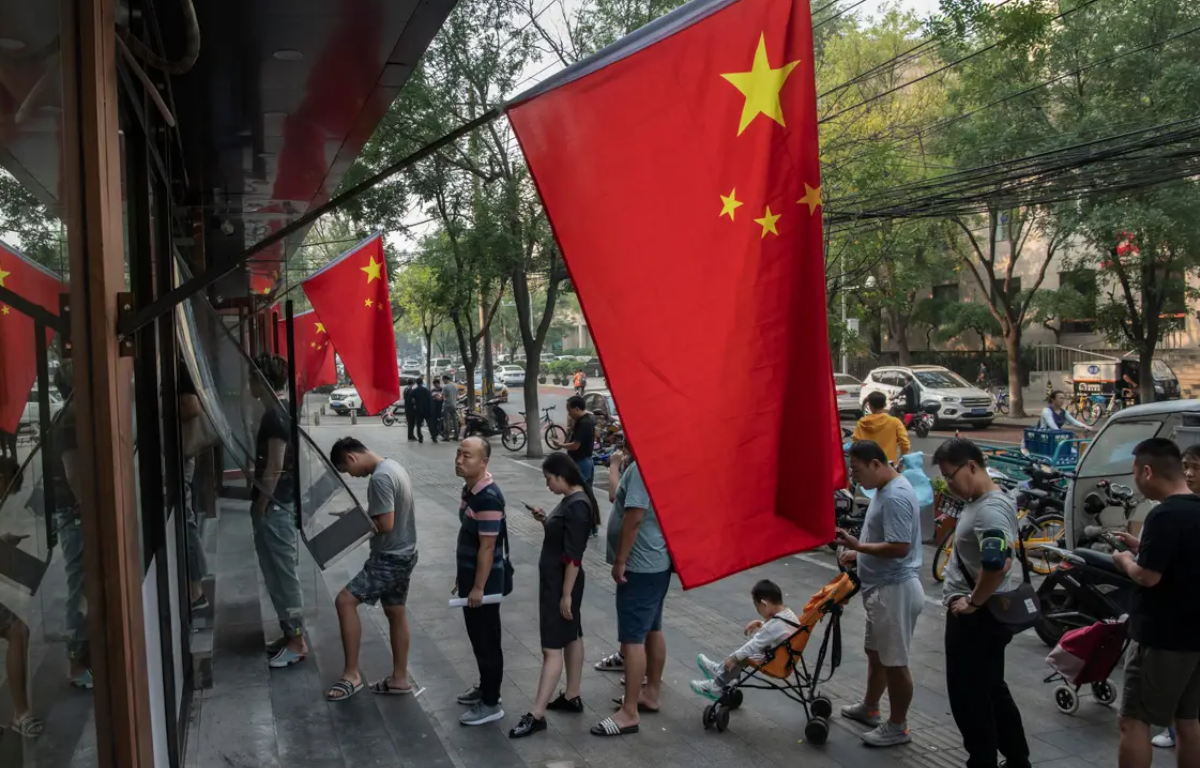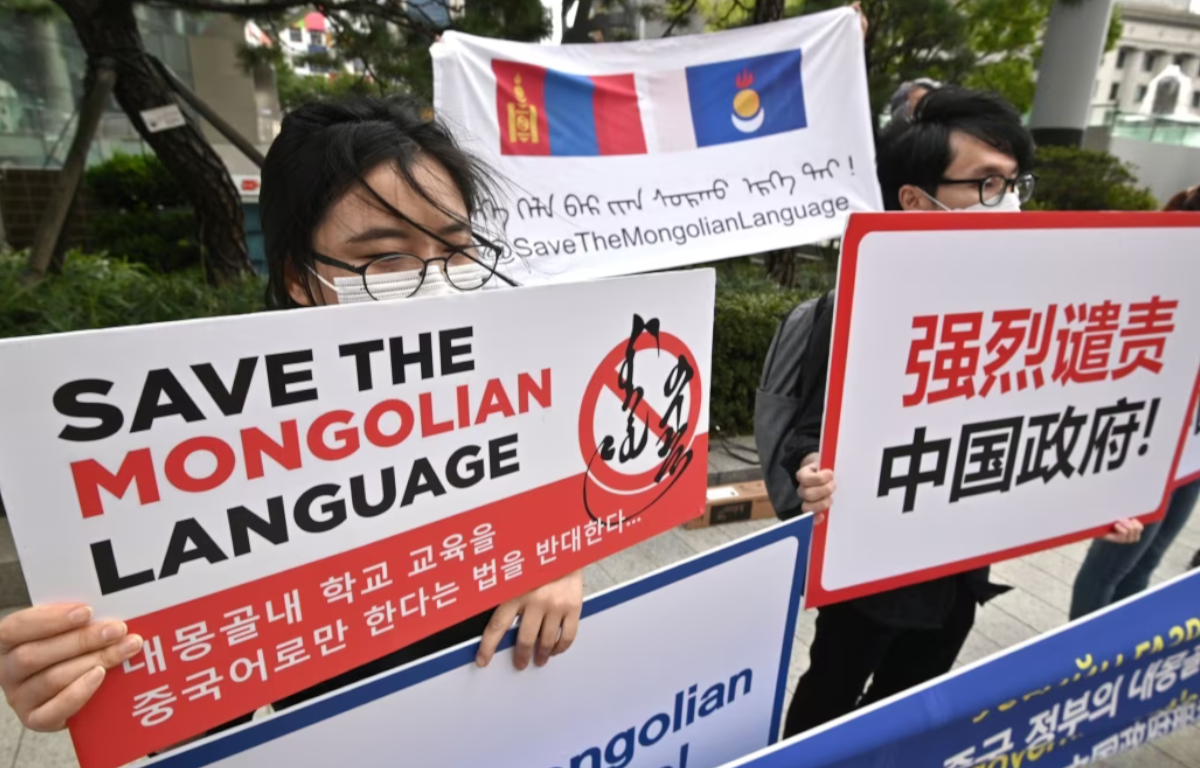
In a recent development that has drawn attention to the complexities of Hong Kong’s political landscape, a pro-Beijing lawmaker faced nearly three hours of questioning by the National Security Police. The interrogation centered around her wanted relative residing in the United States, raising concerns about the scope and implications of the National Security Law imposed by Beijing.
Hong Kong’s National Security Law, enacted in June 2020, has been a subject of controversy since its implementation. The law grants extensive powers to the authorities to combat secession, subversion, terrorism, and collusion with foreign forces. Critics argue that the law undermines the city’s autonomy and erodes civil liberties, while proponents assert it is necessary for safeguarding national security and maintaining stability in the region.
The lawmaker in question, whose identity is yet to be disclosed, is known for her vocal support for the central Chinese government’s policies. However, the incident has sparked debates over whether the law is being used to suppress dissent or is genuinely aimed at maintaining national security.
While the specifics of the interrogation have not been fully disclosed, it has brought to light concerns about the protection of personal privacy and the potential implications of having family members overseas. As Hong Kong grapples with the ever-evolving political landscape and an increasingly assertive Beijing, residents are finding themselves subject to greater scrutiny in matters of national security.
Simultaneously, on the mainland, China is facing another significant challenge – its ailing health system. Despite impressive economic growth over the past decades, the country’s healthcare infrastructure has struggled to keep pace with the demands of a growing and aging population.
China’s ambition to provide affordable and accessible healthcare for all citizens has been marred by disparities in quality and regional imbalances. Rural areas often lack adequate medical facilities and skilled healthcare professionals, leading to many citizens seeking treatment in urban centers. Additionally, the high cost of healthcare and limited coverage of essential services have further exacerbated the healthcare crisis.
Recognizing the urgency of the situation, the Chinese government has initiated measures to reform and strengthen its healthcare system. Significant investments in infrastructure and training of healthcare personnel are being undertaken to address the disparities. Furthermore, the promotion of innovative technologies and the development of digital health solutions aim to improve healthcare access and delivery across the country.
Efforts are also underway to reduce the financial burden on citizens by expanding insurance coverage and offering subsidies for essential medical services. Such initiatives reflect the government’s commitment to ensuring that healthcare becomes a right and not a privilege for its citizens.
However, transforming a system as vast and complex as China’s healthcare infrastructure requires time and sustained commitment. Challenges remain in terms of funding, governance, and public-private partnerships, and overcoming these hurdles will be crucial for the successful implementation of healthcare reforms.
As the political landscape in Hong Kong continues to evolve, and China endeavors to address its healthcare challenges, the world watches closely. Both issues have far-reaching implications, not just for the region but also for global politics and health policy.










Share this: